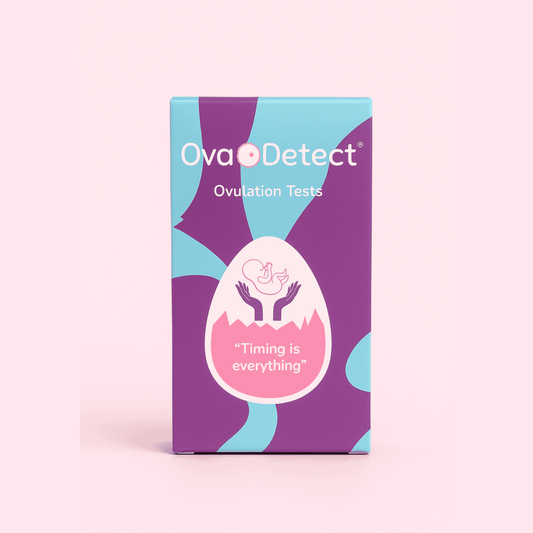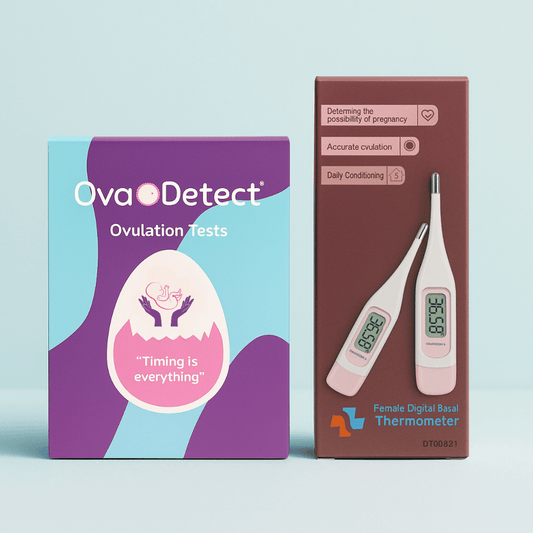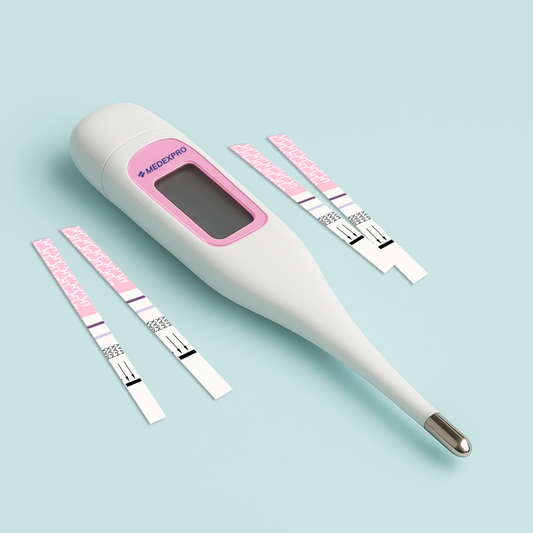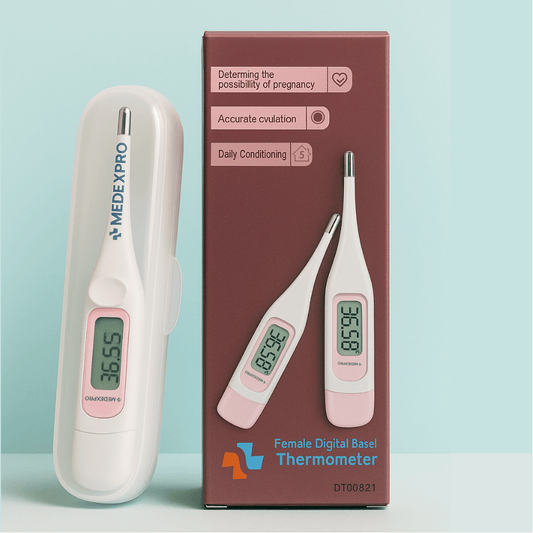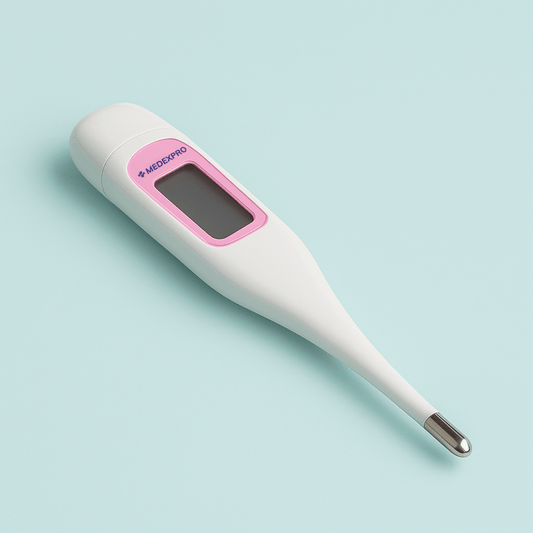Ovulation Isn’t Always Day 14
Why cycle tracking matters and how the “day 14” rule can mislead you.

If you’ve ever Googled “when do I ovulate?”, chances are you’ve read some version of: "on day 14 of your cycle." It’s plastered across textbooks, fertility apps, and even doctor’s brochures. But here’s the truth:
Ovulation doesn’t always happen on day 14. In fact, it rarely does — unless you happen to have a textbook-perfect 28-day cycle.
Let’s dig deeper and uncover why the "day 14" rule can be more myth than fact, and how understanding your own unique cycle can make all the difference when trying to conceive (TTC).
Understanding the Basics: What Even Is "Day 14"?
Day 1 of your cycle is the first day of your period — the day full flow bleeding begins. The ovulation day is the moment your body releases a mature egg from your ovary. This usually happens midway through your cycle — and here’s where the day 14 idea comes in.
The average cycle is considered to be 28 days, and ovulation typically occurs about 14 days before your next period. So if your cycle is 28 days, yes — ovulation may fall on day 14.
But here’s the thing: most people’s cycles aren’t exactly 28 days long, and even those who usually have 28-day cycles may not ovulate like clockwork every month.
Why Day 14 Can Be Misleading
Let’s say your cycle is 35 days — longer than average. Ovulating on day 14 wouldn’t make sense, right? Your ovulation might happen around day 21 instead.
Or maybe your cycle is 25 days — in which case ovulating on day 14 would likely be too late to align with your body’s actual fertile window.
Relying solely on the day 14 assumption can cause you to miss your fertile window altogether, especially if you’re using at-home insemination or trying to time intercourse for peak fertility.
It’s Not the Midpoint — It’s the Luteal Phase
Here’s what does stay pretty consistent: The luteal phase — the time between ovulation and your next period — usually lasts about 12 to 14 days for most people.
That means:
If your cycle is 30 days long, you probably ovulate around day 16–18.
If your cycle is 24 days long, ovulation might occur around day 10–12.
So instead of counting forward from your period, a more accurate method is to count backwards from when your period starts — assuming you know when that will be (which, we get, isn’t always easy).
Why Ovulation Tracking Is a Game-Changer
This is where ovulation tracking tools come in. These can include:
Ovulation predictor kits (OPKs) that detect LH surges
Basal body temperature (BBT) charts that reflect hormonal shifts
Cervical mucus monitoring that reveals fertile fluid changes
Apps that help you log symptoms and identify patterns
With regular tracking, you’ll start to notice the unique rhythm of your body — not just the average body in a medical chart.
Real-world example: Kat (my partner) has a 30–31 day cycle and typically ovulates around day 17–18. I have a shorter cycle and ovulate closer to day 13. If we had both relied on the “day 14” model, we would’ve completely missed our actual fertile windows.
You’re Not Broken — You’re Just Not Average
If you’ve been using the day 14 rule and not getting pregnant, it doesn’t mean your body is doing something wrong — it might just mean you’ve been mistiming the process.
Everyone’s body operates on its own clock. Hormones fluctuate based on stress, sleep, nutrition, and countless other factors. That’s why some cycles are early, some late, and some all over the place.
The takeaway? Precision beats prediction. Knowing when you ovulate is one of the most empowering things you can learn on your TTC journey.
We Created Ovadetect for This Exact Reason
We designed our Ovadetect Test Strips after dealing with these exact frustrations. They’re wider, clearer, and more sensitive than the strips we started with, helping you get accurate LH surge readings without the guesswork.
Because when you’re trying to conceive, you shouldn’t have to rely on an outdated rule — you should have tools that reflect you.
Learn your cycle. Track the signs. Trust your body. And know that you’re never alone in this journey.

If you need help going through any block, talking with a TTC consultant can help! Book a FREE 15-minute virtual consult today!
Book a TTC consultation






